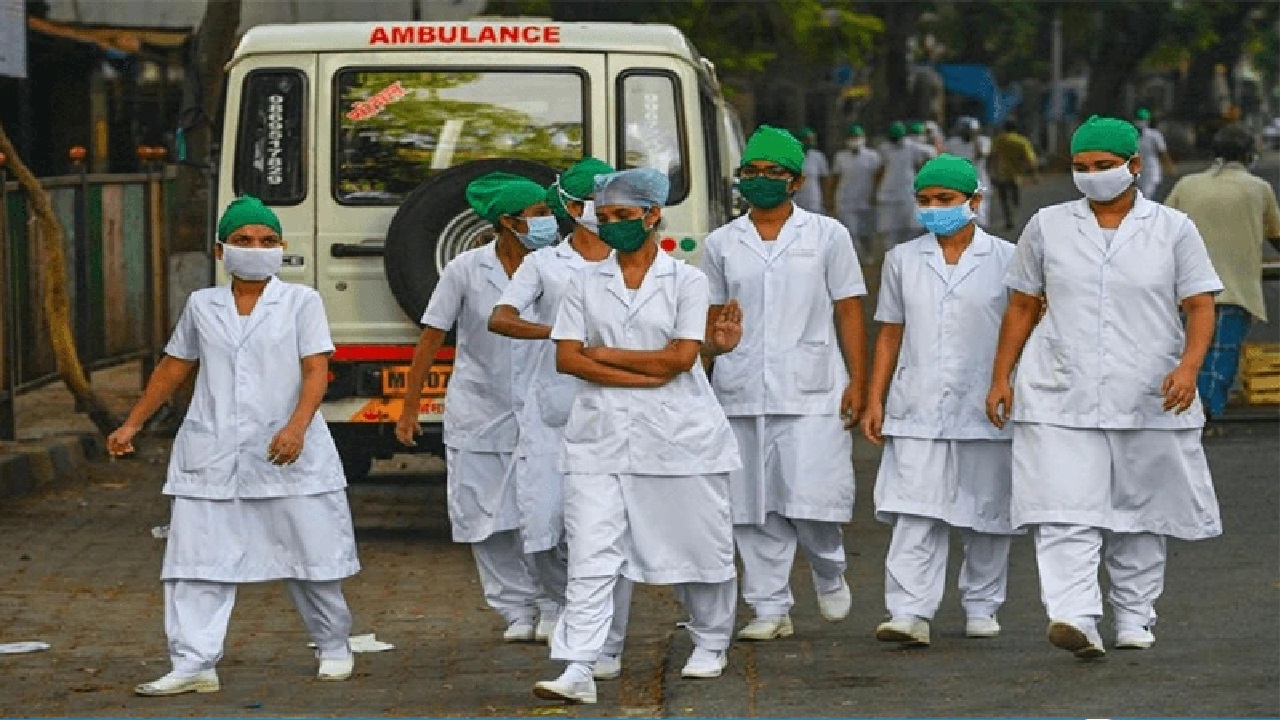DMET’s Decision and Its Impact
The fate of 147 nursing colleges in Odisha has been cast into uncertainty following the Directorate of Medical Education and Training (DMET) cancelling their No Objection Certificates (NOCs). This action, taken in response to new guidelines from the Indian Nursing Council (INC), has generated considerable concern among students, faculty, and administrators.
The DMET’s move is part of a broader effort to ensure that nursing educational institutions comply with national standards regarding safety and operational procedures. The decision has particularly impacted Auxiliary Nursing Midwifery (ANM) and General Nursing and Midwifery (GNM) colleges across the state.
Controversies and Institutional Responses
The cancellation of NOCs has sparked a wave of controversy. Many institutions are questioning the validity and fairness of the DMET’s actions. For example, Gayatri Nursing College in Balasore, which enrolls 120 students in ANM and GNM programs, is under scrutiny for not meeting fire safety standards. The situation is similar at the Balasore College of Nursing in Nilagiri, where the NOC was cancelled due to alleged deficiencies in fire safety measures. College officials argue that they have implemented all necessary safety protocols and view the DMET’s actions as one-sided.
Kalpana Das, the director of Gayatri Nursing College in Baripada, defended her institution, asserting, “There is no fake certificate issued to us. We have adhered to all guidelines, and any issues are minor. We promptly address new guidelines as they come.” Similarly, Jayant Mohapatra from Balasore College of Nursing emphasized that their institution has completed all required physical works and installed necessary fire safety measures. “The notice issued on July 7 will be regularized once we submit the required documents,” he stated, expressing confidence that their students’ future remains secure.
Compliance with Indian Nursing Council Guidelines
The INC has established specific guidelines that nursing institutions must follow. These include the requirement for institutions to be situated in institutional areas rather than residential zones. Additionally, if the building houses non-nursing programs, the nursing program must have a separate teaching block. Institutions are also required to have adequate fire safety provisions as per local regulations and to maintain permanent lecturers and principals.
It has been revealed that many of the 147 colleges facing cancellation had been operating with questionable documentation. The DMET’s recent actions aim to address these discrepancies by enforcing stricter compliance with INC guidelines. Despite the cancellations, DMET Director Prof. Santosh Mishra has reassured that the ongoing education of current students will not be disrupted. “There will be no issue for students currently enrolled. While some colleges may not have an NOC, their registration has not been cancelled,” Mishra explained.
The cancellation of NOCs highlights a significant regulatory push in the nursing education sector. This move is intended to strengthen standards and ensure that institutions provide a safe and compliant learning environment. While the immediate impact on affected colleges has been significant, including concerns about student futures and institutional credibility, the DMET’s assurances aim to alleviate some of these concerns.
As the situation unfolds, both institutions and students are awaiting further clarification on how these changes will affect their academic and professional trajectories. The ongoing dialogue between the DMET and the nursing colleges will be crucial in resolving these issues and ensuring that the quality and safety of nursing education in Odisha are upheld.
(With inputs from agencies)








